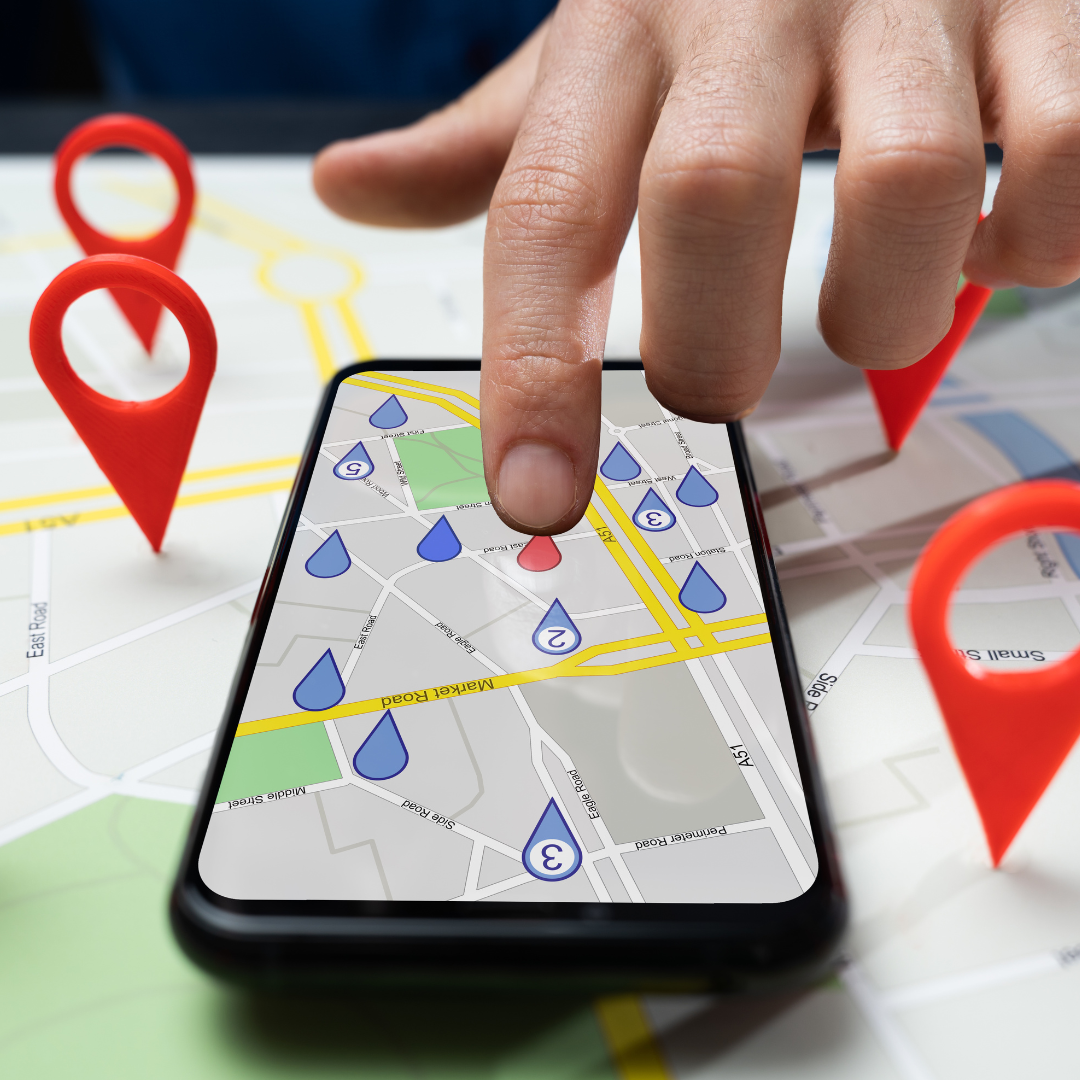Build Your Brand, Sell More Books: 7 Quick Tips for Authors
Let’s be real:
selling books isn’t just about the writing. It’s about how you market yourself as an author. A strong personal brand is like a magnet that attracts readers to your work. But how do you build that brand in a way that actually drives sales? Here’s a breakdown of key strategies that’ll help you stand out and connect with your audience.
1. Your Personal Brand is Your Secret Weapon
Your personal brand acts as a multiplier for everything you do. Writing a great book is just the first step; how you connect with your readers is what amplifies your impact. It’s not about just pushing book sales; it's about creating an environment where people are drawn to you and your message. The conversations you have, the content you share, and the interactions you make all help build that trust and connection.
The Goal: Shift your readers' behavior from casually knowing about your book to feeling a personal connection with you. When readers feel that connection, they’re more likely to buy your book.
2. Stop Obsessing Over Immediate Results
Building a loyal following and a personal brand takes time. Instead of focusing solely on instant results, invest in creating long-term value. This means consistently engaging with your audience, not just when you have something to promote.
Pro Tip: People won’t care about your work until they connect with you. Spend time nurturing those relationships. Make people fall in love with your personality, your process, and your story. Once they feel that connection, they'll naturally support your work.
3. Readers Connect With Real People, Not Just Books
Your brand is more than just your book cover—it’s you. Authenticity is key here. Share your writing journey, your struggles, and your wins. Post content that resonates with readers on a deeper level. Your audience wants to see the real, unfiltered version of you. It’s in those honest, raw moments where connection truly happens.
The Result: When readers feel like they know you, they’re more likely to buy your books. You make their lives easier because they trust what you bring to the table.
4. Position Yourself to Match Your Audience's Expectations
Think about how your readers perceive you. If you write faith literature, your brand should reflect inspiration, hope, and authenticity. For motivational books, embrace a practical and uplifting vibe that resonates with readers looking for personal growth.
Your message, tone, and presence should match what your readers expect from your genre. This doesn’t mean you have to be someone you’re not—just be intentional about how you present yourself.
Quick Tip: Everything you share—whether it’s a tweet, a video, or a book cover—sends a message about who you are. Make sure it aligns with the story you're telling about yourself.
5. Focus on a Niche and Be the Master of It
Trying to appeal to everyone means you end up appealing to no one. Decide who your ideal readers are and speak directly to them. Are you the go-to author for faith-based inspiration? Or the master of practical, motivational advice? When you know exactly who you're serving, your message becomes clearer, and your brand becomes stronger.
Why It Works: When you become known for one thing, readers know exactly what to expect. This builds trust and makes them more likely to buy your books and recommend them to others.
6. Use Cues to Signal ‘I’m Open for Business’
Your personal brand is like a storefront. Is it inviting? Is it clear that you’re "open"? Small actions like regularly updating your website, posting on social media, and replying to comments show readers you’re active and engaged. It signals that you’re present and ready to build a relationship.
Don’t Do This: An outdated website or inactive social media pages can make readers think you’re not around or, worse, that you’re not serious about your work. To make readers feel welcomed and valued, show up consistently and respond thoughtfully.
7. Carve Out Time for Marketing
Marketing often gets pushed to the bottom of the to-do list, especially when you're busy writing. But if you want to grow your brand, you have to set aside dedicated time each week to market yourself. This might involve planning content, responding to comments, or brainstorming new promotional ideas.
Quick Win: Sometimes, getting an outside perspective can make a huge difference. Consider bringing in outside help, like a virtual assistant or marketing consultant, to help you identify areas for improvement and create a more effective strategy.
8. Keep It Simple and Focused
The most successful brands are the ones that are consistent. Choose a few platforms where your readers are (like Instagram and an email newsletter) and focus on being active there. Share content that aligns with your message and brand values.
Pro Tip: You don’t need to be everywhere at once. It’s better to be highly engaged on one or two platforms than to spread yourself too thin across many. Share stories, cultural moments, or tips that your audience can relate to. This builds a relationship first, so when you do mention your book, it feels natural.
Bottom Line
Your personal brand is the storefront for your books. Readers want to connect with you before they invest in your stories. Marketing isn’t just about pushing sales; it’s about showing up, being authentic, and creating a community that supports you. When you build a brand that reflects who you are and what you write, selling your books becomes a natural result of that connection.
Remember: Focus on building relationships, signal to readers that you’re here and open, and consistently provide content that matches the brand you want to be known for. When you do this, selling books becomes a byproduct of the trust you’ve built with your audience.











